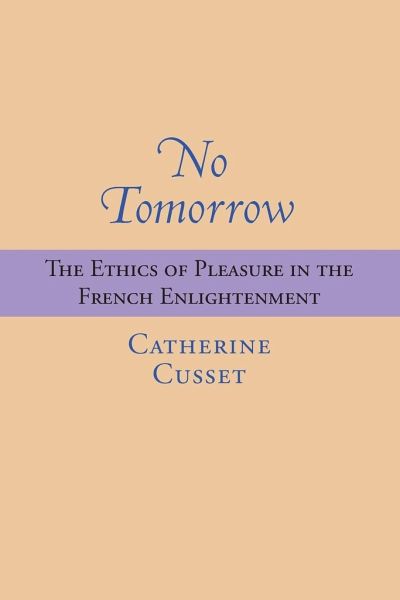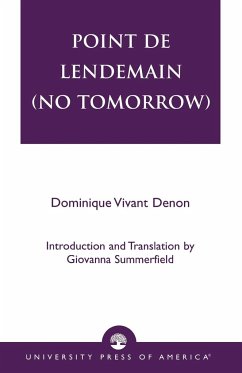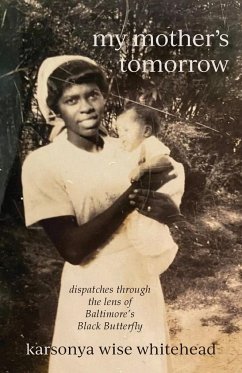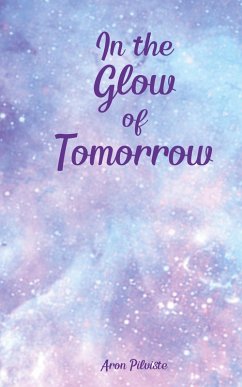
No Tomorrow
The Ethics of Pleasure in the French Enlightenment
Versandkostenfrei!
Versandfertig in 1-2 Wochen
38,99 €
inkl. MwSt.

PAYBACK Punkte
19 °P sammeln!
Winner of the 1996 Walker Cowen Memorial Prize, Catherine Cusset's No Tomorrow traces the moral meaning of pleasure in several libertine works of the eighteenth-century-Watteau's Pélerinage à l'île de Cythère, Prévost's Manon Lescaut, Crébillon's Les égarements du coeur et de l'esprit, the anonymous pornographic novel Thérèse philosophe, Diderot's La religieuse, and Vivant Denon's short story "Point de lendemain." In this ambitious book, Cusset reframes the often misunderstood genre that celebrates what Casanova calls "the present enjoyment of the senses." She contends libertine works...
Winner of the 1996 Walker Cowen Memorial Prize, Catherine Cusset's No Tomorrow traces the moral meaning of pleasure in several libertine works of the eighteenth-century-Watteau's Pélerinage à l'île de Cythère, Prévost's Manon Lescaut, Crébillon's Les égarements du coeur et de l'esprit, the anonymous pornographic novel Thérèse philosophe, Diderot's La religieuse, and Vivant Denon's short story "Point de lendemain." In this ambitious book, Cusset reframes the often misunderstood genre that celebrates what Casanova calls "the present enjoyment of the senses." She contends libertine works are not, as is commonly thought, characterized by the preaching of sexual pleasure but are instead linked by an "ethics of pleasure" that teaches readers that vanity and sensual enjoyment are part of their moral being. Developing Roland Barthes's concept of "the pleasure of the text," the author argues that the novel is a powerful vehicle for moral lessons, more so than philosophical or moral treatises, because it conveys such lessons through pleasure. Cusset reads the proliferation of libertine novels as a reaction against the denial of pleasure in the literature and culture of the time. In the midst of the century's metaphysical impulse to simplify human psychology, these works focus on the moments in which human contradictions are revealed. Cusset's analysis suggests that libertine novels offered the eighteenth century a more complex picture of moral being and ultimately contributed a lesson of tolerance to the Enlightenment.












